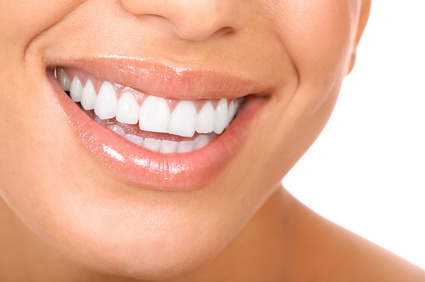
If you feel great, a smile comes naturally. It's an outward sign of joy, amusement, or excitement. Obviously, it is not natural to smile when we're sad or upset; but it turns out that smiling might be the best thing to do when you're ready to shift into a brighter mood. And it's not just for you; each time you smile at a person, their brain coaxes them to return the favour. You are creating a reciprocal relationship that allows both of you to release 'feel good' chemicals in your brain (endorphins) , activate the reward centres, increase attractiveness and the chances of living longer, healthier lives.
Scientists have found that smiling on purpose can help people feel better. Just the simple act of putting a smile on your face can lead you to feel actual happiness. Smiling on purpose changes brain chemistry.
More serious problems including depression require more than just putting on a smile, and should be discussed with your doctor. But when you are simply looking to improve your mood, smile!
How Smiling Affects Your Brain
Each time you smile you throw a little feel-good party in your brain. The act of smiling activates neural messaging that benefits your health and happiness.
For starters, smiling activates the release of neuropeptides that work towards fighting off stress. The feel good neurotransmitters dopamine, endorphins, and serotonin are also released when a smile flashes across your face. This not only relaxes your body, but it can lower your heart rate and blood pressure.
How Smiling Affects Your Brain
You are actually better looking when you smile - and we're not just trying to butter you up. When you smile, people treat you differently. You're viewed as more attractive, reliable, relaxed, and sincere. A study published in the journal Neuropsychologia reported that seeing an attractive smiling face activates your orbitofrontal cortex, the region in your brain that processes sensory rewards. This suggests that when you view a person smiling, you actually feel rewarded. (How does this affect the body though?)
How Smiling Affects Those Around You
Did you know that your smile is actually contagious? The part of your brain that is responsible for your facial expression of smiling when happy or mimicking another's smile resides in the cingulate cortex, an unconscious automatic response area. In a Swedish study, subjects were shown pictures of several emotions: joy, anger, fear and surprise. When the picture of someone smiling was presented, the researchers asked the subjects to frown. Instead, they found that the facial expressions went directly to imitation of what subjects saw. It took conscious effort to turn their smile upside down. So if you're smiling at someone, it's likely they can't help but smile back. If they don't, they're making a conscious effort not to.
So, the next time someone tells you to "cheer up" when you're in a low mood, own it. Your happiness might end up making that person feel happier too. It's shared!




